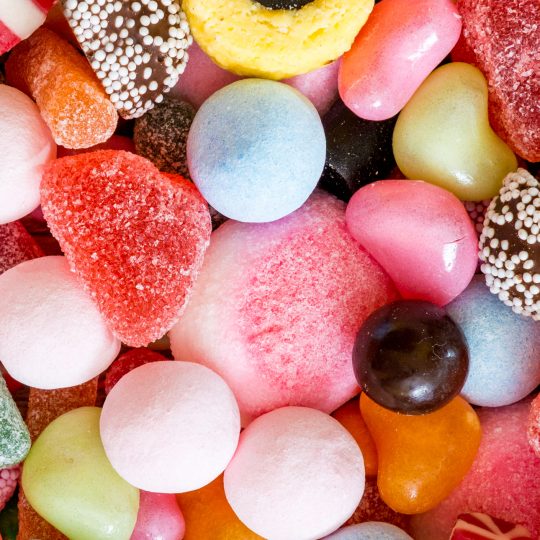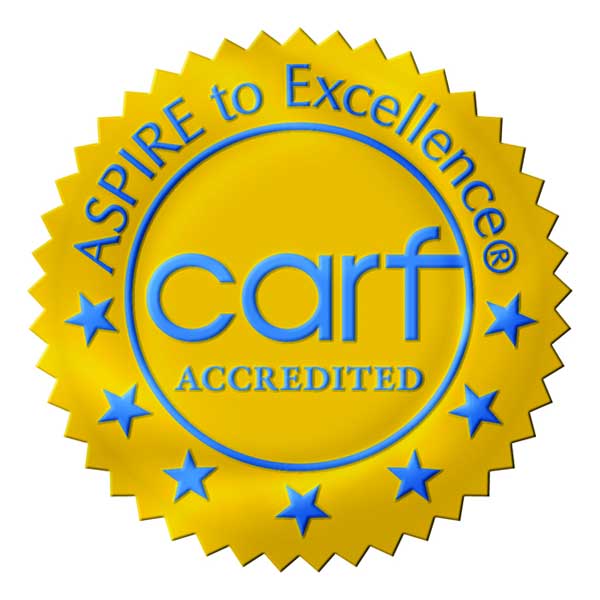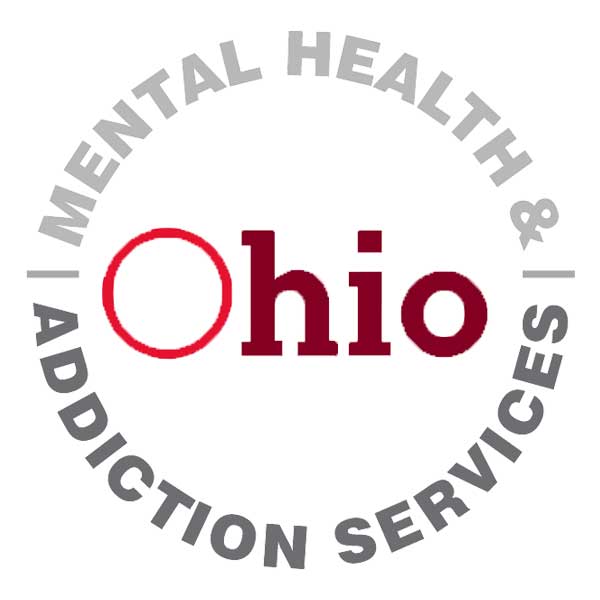RECOVERY STARTS HERE!
513.792.1272
Effective Teen Treatment

Teens sometimes seek individual counseling for behavioral health issues. Research has shown that treatment for behavioral health issues is effective with adults and teens who seek help. Yet counseling fails if a teen’s alcohol or cannabis use is not addressed in treatment. Effective teen treatment must change over time. Quality counselors continue to improve their techniques as research suggests new methods. Teens present with different issues in varying cohorts.
Why to Choose Counseling
The counseling/therapy relationship is arguably the one place where an individual can unburden himself or herself, learn to make appropriate changes, and have a knowledgeable, supportive guide help them plot a course through troubling times or events.
However, treatment professionals are often naive about their young clients’ substance use. They often compare their personal experiences with their perceptions about current teen alcohol or marijuana use. In spite of this well meaning approach, one finds the potency of cannabis has risen dramatically (leading to increased dependency), and the way teens use cannabis and alcohol is strikingly different than even 15 years ago.
Those who counsel teens, including mental health professionals, physicians, clergy members, school counselors, and teachers can learn their beliefs impact on interventions with these teens. Everyone can learn how to better provide or recommend effective teen treatment for substance users.
Effective Teen Treatment
Define substance abuse.
Teenagers believe the use of alcohol and cannabis is a right. Therefore, defining substance abuse is the first step you must take to be effective with this population. In spite of it being illegal, more than 70% of high school seniors will use substances at least once during a school year. Research suggests that 10 to 15% of those teens have a diagnosable problem. With brain development being a factor, the easiest way to determine if your client abuses a substance is to ask these simple questions:
- How many times have you ever lost time or memories due to drinking or using?
- How often have you been high before school or work?
- What is your use pattern, has it changed recently?
- Have you used alcohol and any other drug during the same evening?
- How many times have you driven within two hours of drinking or using?
These answers will provide insight into your client’s use and allow you to avoid making treatment decisions without all the information you need. If they answer any question showing a pattern of use, this topic can be addressed.
Expect teens to minimize their use.
Teenagers won’t tell you the whole truth about their substance use. Hiding information about substance use reduces a clinician’s ability to provide effective teen treatment. Adolescents expect negative consequences for being honest about alcohol or drug use. Therefore they protect this information. Additionally, their conflicted feelings about getting help, peer influences, and fear that you will suggest they stop using have a chilling effect on honesty.
To be successful you need a strategy to deal with the dishonesty. Some therapists will drug screen their clients.
Learn more about the adolescent brain.
The adolescent brain is very different than the adult brain. Understanding the impact of this fact can help you aid the teenagers you see. With the prefrontal cortex (controlling judgement and higher reasoning) in growth mode, the connections between the emotional part of the brain and its decision-making region are still developing. Teen feelings are more intense, while at the same time they experience overwhelming emotional input.
If your treatment goal is to increase skills like mindfulness and emotional regulation, the teen brain makes this very difficult. A complicating factor for the adolescent is the pairing of a developing prefrontal cortex with an overactive amygdala (the ‘pleasure center’ of the brain).
This helps explain why teens’ feelings of aggression, fear, and depression are so intense. In fact, this situation creates a perfect storm for pleasure seeking, risk-taking, peer-driven, reward-seeking behavior. Add cannabis and alcohol, and the result can be a toxic concoction of reduced judgment, risky behaviors, limited insight and limited self-control.
Any drug/alcohol use can be dangerous for an adolescent.
I hear teens’ saying their doctor has said, “smoking a little pot is not big deal.” Any professional who has said this may not have considered four vital questions:
- Did my client tell me the truth about how much, how often, and under what circumstances they use or drink? “A little pot” is probably different to a teen and an adult.
- What is the impact of prescribed medications when treating a substance abusing teen? Has this teen been prescribed any medications? Are they continuing to take them? Are there expected side effects when the medications are used with marijuana or alcohol or if they are used incorrectly?
- Do I understand the current teen culture, substances of abuse, and drug potency? How are this teen’s family, friends, (social) media, and larger peer group influencing this use?
- If I normalize my client’s substance use what are the unintended consequences? In general, normalizing use behavior will lead to more use.
Knowledge of these 4 question further enhances the treatment process.
Early use increases risk of substance use disorders.
The younger someone starts using alcohol or marijuana the higher the risk of a substance use disorder. Effective teen treatment seeks to help teens understand how their use is misaligned with their values.
Here are some disturbing facts about teenage alcohol use:
- The average age for the first alcohol use is the US is 11 years old for boys and 13 for girls.
- A full 1/3 of HS students report binge drinking (5 or more drinks during one evening) in the last 2 weeks.
- 1 in 4 teenagers acknowledge daily use.
- Life long risk of alcohol abuse is greatest for those who start before 15.
- Teens who drink are 50x more likely to try cocaine than those who don’t drink.
Is marijuana safer? Not really!
- Almost 200,000 emergency room visits a year are attributed to marijuana use.
- Adolescents who use cannabis are 85x more likely to use cocaine when compared to their non-using peers.
- The risk of serious auto accidents increases with marijuana use because of slowed reaction times, and altered attentiveness.
- Effects on memory, attention, and concentration occur even when using weekly.
- Teens who use cannabis have more academic and behavioral problems, an increase in mental illness and more conflict at home.
- Cannabis is becoming more potent, which may lead to more dependence or greater chances of having issues due to use.
Mental Health Issues Cannot be Adequately Treated While a Teen is Using.
Treating teens for a mental disorder while they are using alcohol and drugs is a prescription for failure. The impact of substances on the brain impedes a teen’s ability to commit to using new behaviors and to modifying old behaviors.
Teenagers with substance use disorders may have co-occurring disorders that camouflage their drug and alcohol use. Or hidden substance use could confound your understanding of the teen’s emotional or behavioral problems and could sabotage their progress. Teens (and adult clients) must stop drug and alcohol use to get the best opportunity for improvement.
What can I do?
Know the impact of substance use. Set clear limits, and help parents do the same. Communicate with your clients the reason for your beliefs. Know where the local referrals are. If your client needs care you don’t provide, work with a treatment program you know. Quality treatment programs will embrace your continuing help during or after more intense treatment, and help you provide effective teen treatment.
RELATED POSTS
ASAP is Cincinnati's premiere outpatient treatment center for teenagers, young adults, and their families struggling with substance abuse and mental health problems. Our specialized programs include TRIP for adolescents (ages 12-19), PIVOT for young adults (ages 18-26), and Clarity Intensive for those with emotional and behavioral disorders.
SUBSCRIBE
Enter your email address to receive news and information from ASAP.
[sibwp_form id=2]CALL US AT
513.792.1272
OR
Request a call from an ASAP professional










